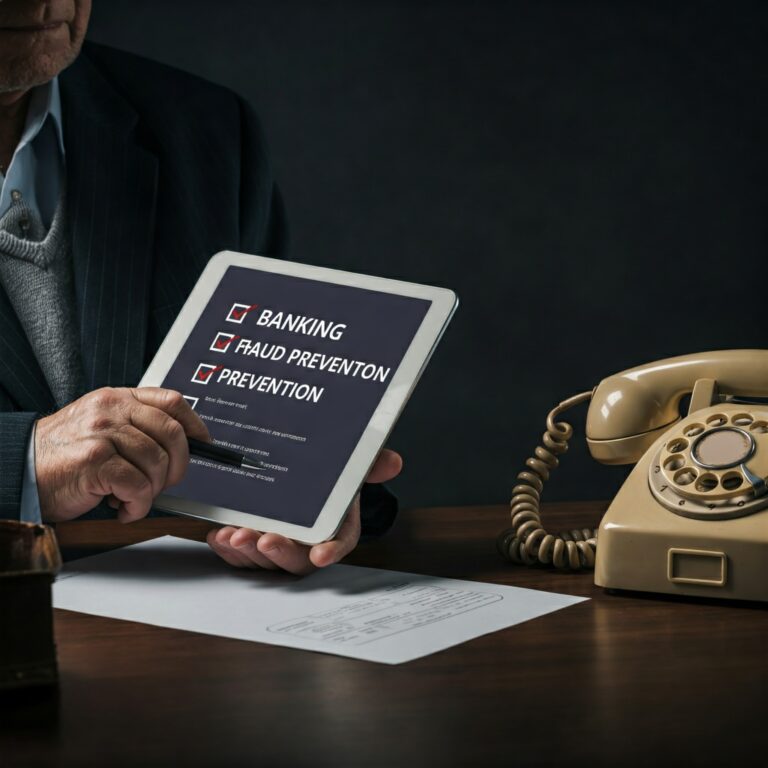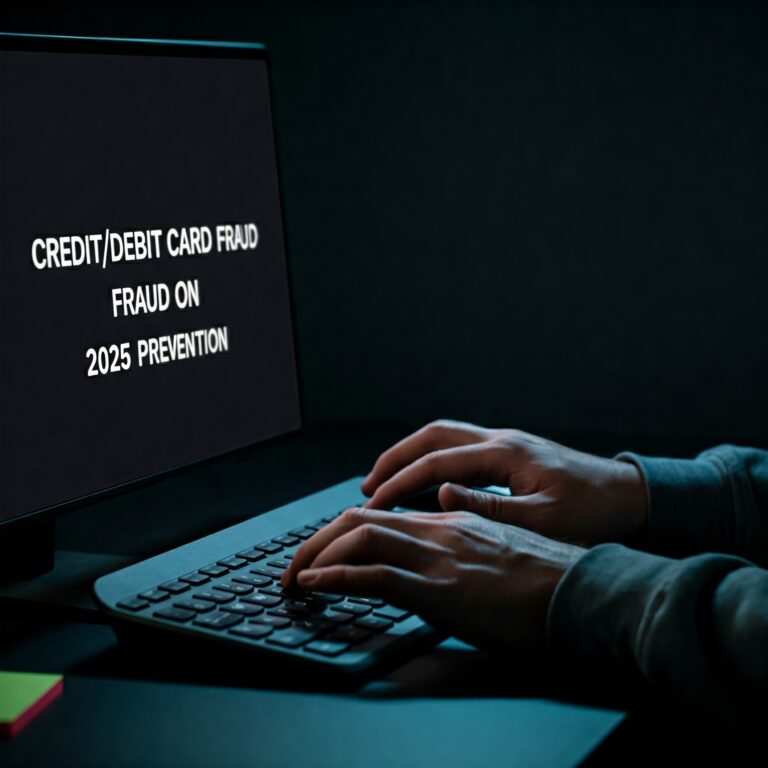Unmasking the Insider Trading Underworld
Insider trading has long cast a shadow over the financial markets, eroding investor confidence and undermining the principles of fair play. In recent years, regulators have stepped up their efforts to combat these illicit activities, leading to high-profile cases and hefty penalties for those involved. In this article, we will delve into the world of insider trading scams, exploring the latest trends, the consequences for perpetrators, and how investors can protect themselves.
The Allure of Insider Trading: A High-Stakes Gamble
Insider trading offers the tantalizing prospect of near-guaranteed profits. By acting on privileged knowledge about a company’s future, traders can seemingly bypass the inherent risk and uncertainty of the markets. This “edge” can be incredibly seductive, especially in a world where financial success is often equated with personal worth.
The Psychology of Insider Trading
Several psychological factors contribute to the allure of insider trading:
- Overconfidence: Individuals may overestimate their ability to avoid detection or the severity of the consequences.
- Greed: The desire for quick and easy wealth can override ethical considerations.
- Sense of Entitlement: Some may feel they deserve to profit from their connections or position.
- Competitive Pressure: In high-pressure environments, individuals may feel compelled to engage in unethical behavior to keep up with their peers.
Examples of Insider Trading Lures
- Mergers and Acquisitions: Knowing about an impending merger or acquisition before it’s publicly announced can allow traders to buy shares of the target company at a discounted price, anticipating a significant price increase once the deal is revealed.
- Earnings Reports: Having access to a company’s earnings report before it’s released can enable traders to profit from the market’s reaction, whether it’s positive or negative.
- Clinical Trial Results: In the pharmaceutical industry, knowledge about the success or failure of a clinical trial can drastically impact a company’s stock price. Those with insider information can capitalize on this volatility.
- Regulatory Decisions: Information about upcoming regulatory approvals or rejections can significantly affect industries like biotechnology and energy. Insider traders can exploit these anticipated market movements.
The Illusion of a Victimless Crime
Insider trading is often mistakenly perceived as a victimless crime. However, it erodes trust in the markets, discourages legitimate investors, and ultimately harms the overall economy. By creating an uneven playing field, it undermines the principle of fair competition.
The High Cost of Insider Trading
While the potential rewards of insider trading may seem irresistible, the risks are substantial. Regulators are increasingly cracking down on these offenses, employing sophisticated technology and data analysis to uncover illicit activities. The consequences can include:
- Criminal Charges: Insider trading can lead to hefty fines and imprisonment.
- Civil Penalties: The SEC can impose significant financial penalties and disgorgement of ill-gotten gains.
- Reputational Damage: A conviction for insider trading can ruin an individual’s career and standing in the community.
Resisting the Temptation
It’s crucial to remember that insider trading is not only illegal but also unethical. By resisting the allure of quick profits and adhering to the principles of fair play, we can contribute to a healthier and more equitable financial system.
I hope this expanded section provides a deeper understanding of the complexities surrounding insider trading.
Evolving Tactics: The Latest Trends in Insider Trading
Insider trading schemes are constantly adapting to new technologies and communication channels, making them increasingly difficult to detect and prosecute. Here’s a closer look at some of the most prevalent trends in insider trading:
1. The Rise of Encrypted Communication
- Encrypted Messaging Apps: The widespread use of encrypted messaging apps like Signal and Telegram has provided insider traders with a seemingly secure platform to share sensitive information without leaving a traceable trail. The end-to-end encryption offered by these apps makes it challenging for regulators to intercept and decipher communications.
- Private Chat Groups: Insider traders often form private chat groups or channels within these encrypted apps to share market-moving information exclusively with select individuals. This creates a closed network of trust, further complicating detection efforts.
Example: A group of hedge fund managers could create a private Signal group to exchange tips about upcoming mergers or earnings announcements, allowing them to gain an unfair advantage in the markets.
2. Dark Web Marketplaces
- Anonymous Trading Platforms: The dark web, a hidden part of the internet accessible only through specialized software, hosts anonymous trading platforms where individuals can buy and sell insider information without revealing their identities. The anonymity provided by the dark web makes it an attractive hub for insider trading activities.
- Cryptocurrency Payments: Transactions on these dark web platforms often involve cryptocurrencies like Bitcoin, which offer a degree of anonymity and make it harder for authorities to trace the flow of funds.
Example: An employee at a pharmaceutical company might anonymously sell information about an upcoming drug trial on a dark web marketplace, receiving payment in Bitcoin.
3. Social Media and Online Forums
- Subtle Information Sharing: Social media platforms and online forums can be used to subtly disseminate insider information without explicitly stating it. Traders might use coded language, emojis, or seemingly innocuous posts to convey market-moving tips to their network.
- “Pump and Dump” Schemes: Social media is also rife with “pump and dump” schemes, where individuals artificially inflate the price of a low-value stock through coordinated online hype, then sell their shares at a profit, leaving unsuspecting investors with losses.
Example: A group of individuals might use Twitter to spread rumors about a small biotech company’s breakthrough, causing its stock price to surge. They then sell their shares at the inflated price, leaving other investors holding the bag when the truth emerges.
4. Exploiting the Gig Economy
- Contract Workers and Consultants: The rise of the gig economy has created a new pool of potential insider traders. Contract workers and consultants who have access to sensitive information at multiple companies might be tempted to share or trade on that information for personal gain.
- Lax Security Protocols: Some companies might have lax security protocols for their contract workers, making it easier for them to access and share confidential data.
Example: A consultant working for a tech company might overhear a conversation about an upcoming product launch and share that information with a friend who trades on it.
5. Cross-Border Collaboration
- Global Networks: Insider trading schemes are increasingly crossing borders, with individuals from different countries collaborating to exploit information asymmetries and regulatory loopholes.
- Difficulty in Prosecution: Cross-border insider trading cases can be challenging to prosecute due to jurisdictional issues and the complexity of gathering evidence across multiple jurisdictions.
Example: An employee at a multinational corporation’s European headquarters might share confidential information with a relative in Asia, who then trades on it in the local market.
High Stakes, Severe Consequences: The Price of Insider Trading
Insider trading is a serious offense, punishable by hefty fines and imprisonment. In addition to the legal consequences, perpetrators also face reputational damage and the loss of their careers. The Securities and Exchange Commission (SEC) and other regulatory bodies are increasingly using sophisticated data analytics and surveillance tools to identify and prosecute insider trading cases.
1. Criminal Prosecution and Imprisonment
- Federal Charges: In the United States, insider trading is a federal crime prosecuted by the Department of Justice (DOJ). Convictions can lead to substantial prison sentences, often ranging from several years to decades, depending on the severity of the offense and the amount of profit generated.
- State-Level Prosecution: Some states also have their own laws against insider trading, which can result in additional charges and penalties.
Example: In 2020, a former pharmaceutical executive was sentenced to five years in prison for insider trading after he tipped off his girlfriend about an upcoming merger, allowing her to make significant profits.
2. Civil Enforcement Actions and Financial Penalties
- SEC Enforcement: The Securities and Exchange Commission (SEC) has the authority to bring civil enforcement actions against individuals and entities involved in insider trading. These actions can result in hefty fines, disgorgement of ill-gotten gains, and other penalties.
- Disgorgement: Disgorgement requires perpetrators to repay any profits made from their illegal activities, plus interest. The SEC can also seek additional penalties up to three times the amount of profit gained or loss avoided.
- Officer and Director Bars: In severe cases, the SEC can bar individuals from serving as officers or directors of publicly traded companies, effectively ending their careers in the financial industry.
Example: In 2021, a hedge fund manager was ordered to pay over $60 million in disgorgement and penalties for insider trading related to a pharmaceutical company’s clinical trial results.
3. Reputational Damage and Career Loss
- Loss of Trust: A conviction for insider trading can irreparably damage an individual’s reputation and trustworthiness. This can make it difficult to find employment in the financial industry or any field that requires ethical conduct.
- Industry Blacklist: Many financial institutions and professional organizations have strict policies against hiring individuals with a history of insider trading or other securities violations.
Example: A prominent investment banker was forced to resign from his position and saw his career prospects dwindle after being implicated in an insider trading scandal involving a technology company’s acquisition.
4. Collateral Consequences
- Impact on Family and Friends: The consequences of insider trading can extend beyond the perpetrator, affecting their family and friends who may have benefited from the illegal activities or face social stigma.
- Legal Fees and Costs: Defending against insider trading charges can be incredibly expensive, often requiring the hiring of top-tier legal counsel.
Example: The family of a convicted insider trader might face financial hardship due to the loss of income and the high cost of legal fees.
The Deterrent Effect
The severe consequences associated with insider trading serve as a powerful deterrent for those considering engaging in such activities. The risk of imprisonment, financial ruin, and reputational damage is simply not worth the potential short-term gains. The message is clear: Insider trading is a high-stakes gamble with devastating consequences.
How Investors Can Protect Themselves
While insider trading remains a persistent threat in the financial markets, investors can take proactive steps to protect themselves and their investments. Vigilance, due diligence, and a healthy dose of skepticism can go a long way in mitigating the risks associated with insider trading.
1. Conduct Thorough Research
- Analyze Company Fundamentals: Before investing in any company, conduct comprehensive research into its financial health, management team, industry trends, and competitive landscape. Rely on credible sources of information and avoid making impulsive decisions based on rumors or tips.
- Scrutinize Unusual Trading Activity: Pay attention to any sudden or unexplained spikes in trading volume or price volatility, especially in smaller or less-followed stocks. These could be potential red flags for insider trading activity.
- Monitor News and Regulatory Filings: Stay informed about company news, industry developments, and regulatory filings that could impact stock prices. Be wary of any unsolicited tips or information that seems too good to be true.
Example: If you receive an anonymous tip about a forthcoming merger, don’t rush to buy shares based solely on that information. Instead, conduct your own research to verify the credibility of the tip and assess the potential risks and rewards of the investment.
2. Diversify Your Portfolio
- Spread Your Risk: Diversification involves spreading your investments across different asset classes, sectors, and geographic regions. This reduces the impact of any single investment loss, including those caused by insider trading.
- Avoid Overconcentration: Don’t put all your eggs in one basket. Overconcentration in a single stock or sector makes you more vulnerable to the negative consequences of insider trading or other unforeseen events.
Example: Instead of investing all your money in a single tech stock, consider diversifying your portfolio by including investments in other sectors like healthcare, consumer goods, or real estate.
3. Exercise Caution with Unsolicited Tips
- Question the Source: Be skeptical of unsolicited investment tips, especially those from unknown or unreliable sources. Remember, if something sounds too good to be true, it probably is.
- Verify Information Independently: Always verify any investment tips or rumors through your own research before acting on them. Don’t rely solely on the word of others, even if they seem trustworthy.
Example: If a friend or acquaintance offers you a “hot tip” about a stock, politely decline and conduct your own research to assess the investment’s merits.
4. Report Suspicious Activity
- Contact Authorities: If you suspect insider trading or other securities fraud, don’t hesitate to report it to the appropriate authorities, such as the SEC or your local securities regulator. Your report could help prevent others from falling victim to fraud and protect the integrity of the markets.
- Whistleblower Programs: Many regulatory agencies have whistleblower programs that offer rewards and protections to individuals who report insider trading and other securities violations.
Example: If you witness unusual trading activity or overhear a conversation that suggests insider trading, consider reporting your concerns to the SEC’s Office of the Whistleblower.
5. Stay Informed and Educated
- Financial Literacy: Enhance your financial literacy by reading books, articles, and attending seminars on investing and financial markets. The more you know, the better equipped you’ll be to make informed investment decisions and spot potential red flags.
- Market News and Analysis: Stay abreast of market news and analysis from reputable sources. This will help you understand broader market trends and potential risks that could impact your investments.
Example: Subscribe to financial newsletters, follow trusted financial experts on social media, and attend investor conferences to stay informed about market developments and investment strategies.
By adopting these proactive measures and remaining vigilant, investors can significantly reduce their exposure to insider trading and other forms of market manipulation. Remember, knowledge is power. The more informed and educated you are, the better equipped you’ll be to navigate the complexities of the financial markets and protect your hard-earned investments.
Conclusion
Insider trading scams continue to pose a threat to the integrity of the financial markets. However, with increased regulatory scrutiny and investor awareness, the risks can be mitigated. By staying informed and following best practices, investors can help ensure a level playing field for all.






